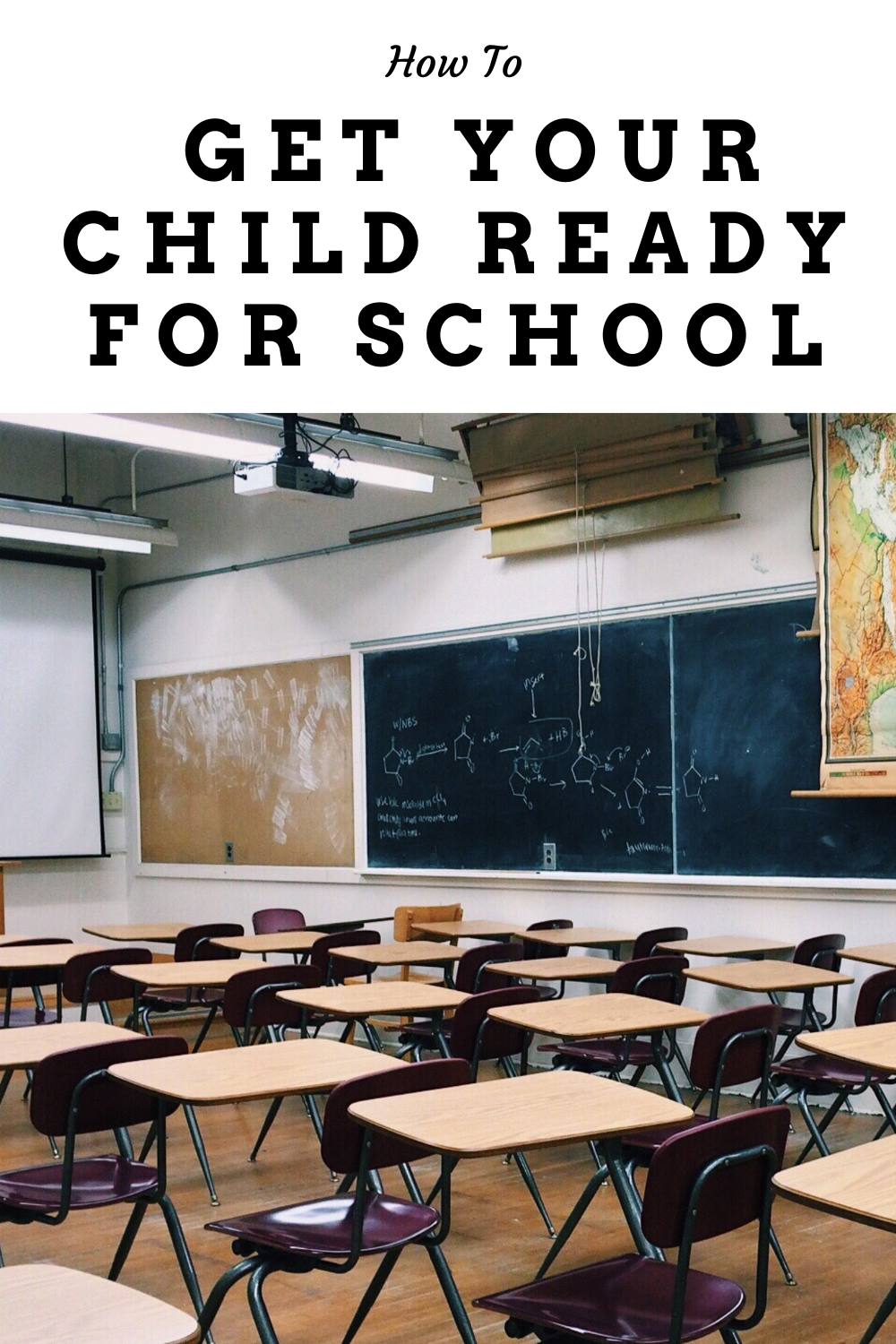As a parent, you want to make sure that your child is prepared for starting school, whether that’s South Bronx college prep school or another educational establishment. But, knowing what to do can be difficult with all the responsibilities of being a parent. So I am sharing some tips to help you today. Here is information on things like reading readiness and math readiness to help you ensure your child is ready and confident when their first day of school arrives.
#1 Reading and comprehension
Reading and comprehension is an important part of education. Get your child ready by reading stories to them, asking them questions, and having conversations about the story. Having kids practice reading and comprehending books will help develop these skills before school starts. It’s also good to get into the habit early since many teachers encourage parents to continue the activity throughout elementary school. Even when they engage in pretend reading by telling the story using the pictures and their memory is helpful with sequencing and developing comprehension. You can also have them identify letters they know from the text.
One tip is asking open-ended questions about what your child has just read (e.g., “what was your favorite part? what might happen next? why do you think the person did XYZ?”). This helps improve their comprehension skills too! Kids should also be able to talk about their interests and what they like to do in their free time.
via Pexels#2 Math
Math gets more complex beginning around the first grade, so it’s important to start preparing your kid early. Get them ready by playing math games with them starting at preschool age. There are lots of great ways to get kids ready for their first year of school through math! Trying out different types of learning experiences like board games and apps. One fun game that you could try is counting items.
This activity helps improve sequencing skills which will be useful when they enter elementary school. Another good idea is giving kids opportunities to solve problems on their own without step-by-step instructions from adults – similar to what may happen during housework or day to day activities. This is just the beginning of all the ways you can help your child get ready for elementary school.
#3 Problem-solving
Problem solving is important in elementary school. Get your child ready by playing problem-solving games with them starting around 3 or 4. The foundation of problem-solving starts at a young age, so it’s important to get kids thinking about these concepts early on! The best way to do so is by asking open-ended questions during activities like board games or card games.
For example, you might ask things like “what would happen if you did X?” when one player gets stuck during Candy Land. This type of experience encourages creativity and independent thought, which are skills that will be useful later down the road. Additionally, try giving kids opportunities to solve problems on their own without step-by-step instructions from adults – similar to what may happen during homework. You can play act while playing with a baby doll or model turn-taking with a toy.
Photo by cottonbro from Pexels
#4 Science
Science can be a lot of fun! Science is all about learning through exploration, so getting kids excited early on will go a long way. You can even give them some fun equipment to start playing around with and use to explore in the garden, such as a magnifying glass. This will not only awaken their interest in science but also provide them with a fun introduction into the subject as well as what it entails.
If you’re unsure how old they should start engaging with these types of activities, don’t hesitate to contact their teacher or see what other parents are doing around town – there are many ways to prepare! Some good examples include simple home experiments where kids get hands-on experience while having fun. Other things you can try include exploring the world around them and learning about different types of animals.
#5 Social studies
Student start learning about many new concepts like geography and history, so we recommend exposing kids to these ideas at a young age. This helps get them excited for school while still having fun. Many times preparing children for school can be as simple as answering their questions. It can begin a conversation and discussion about new vocabulary and what those words mean.
Another great option is looking at different types of maps (like this one, for example, link) to compare location, size, how people travel through those areas, etc. The possibilities are endless!
#6 Writing
Writing can be a lot of fun. Get your kid ready by having them trace, color, paint, and practice letters themselves. Young children around 2 or 3 can strengthen their hand muscles to ready themselves for writing by playing with play dough or cutting paper. Depending on their skill and developmental level, you can even proceed to introduce new concepts like grammar and punctuation. A highly recommended book The Stages Of Spelling Development: A Guide For Parents. Working on their grammar verbally can help them have better grammar once they begin writing.
#7 Physical Education and Sports
Physical activity plays a crucial role in a child’s development, helping to build strength, coordination, and confidence. Encouraging kids to be active from an early age not only supports their overall health but also teaches them important life skills like teamwork, perseverance, and discipline. Whether it’s structured sports or simply playing outside, giving children opportunities to move and explore different physical activities can make a big difference in their school experience.
If your child is involved in sports, it’s also important to ensure they have the right equipment for both safety and performance. For children who need vision correction, prescription sports glasses for kids can help them see clearly while protecting their eyes during games and practice sessions. Making sure they’re comfortable and properly equipped allows them to focus on having fun and developing their skills without unnecessary distractions.
#8 Social skills
Social skills are essential to success in all areas of life, not just school. Your child must be able to interact with their peers and teachers without creating conflict or drawing attention to themselves. If your child is struggling socially, talk with the teacher about ways that you can help them fit in at school more successfully by improving social interactions both inside and outside the classroom environment. It helps to know what the teacher expects from your son/daughter academically as well as behaviorally.
First graders are able to make friends easily and learn new things very efficiently because their brain has more plasticity at such a young age compared to older kids or adults. The first year in elementary changes many lives because it’s when we start learning life skills like reading, writing, math, etc. These years set up what kind of students the children will be for the rest of their academic careers.
If you want your kids to succeed in school, it’s important that they are above all, loved an happy! With some preparation and guidance, this can happen seamlessly. It would be best if you prepared them with a solid academic foundation before school starts, so they aren’t overwhelmed when classes begin. It will help them feel confident and excited to learn more!






